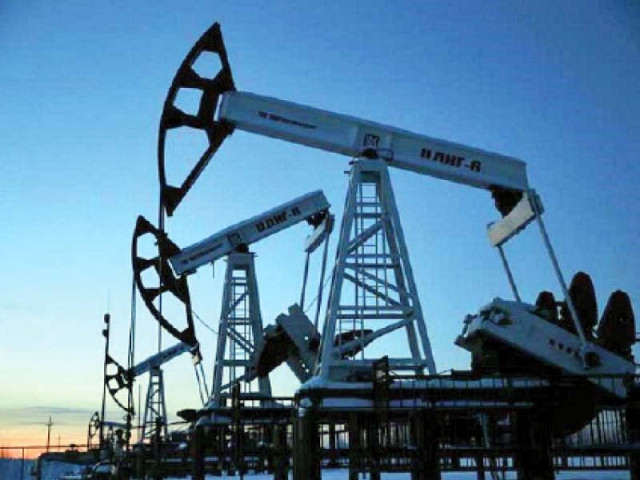Govt may scrap regulatory duty on oil import
Under new policy, it is likely to abolish deemed duty collected by refineries

The government is likely to abolish the regulatory duty on import of crude oil as well as remove deemed duty in the new proposed oil refinery policy.
The government is currently charging 5% regulatory duty on the import of crude oil. Separately, according to officials, oil refineries are allowed to collect 7.5% deemed duty on high-speed diesel.
Earlier, the deemed duty was imposed on other petroleum products as well, but it was later removed.
The deemed duty incentive was given in order to encourage refineries to upgrade their plants. However, they failed to upgrade their refining units in time despite charging the deemed duty. Now, according to the officials, the government has decided not to give any incentive like the deemed duty and will also abolish the regulatory duty on crude oil import. Oil price will be in line with the import parity price.
The government will also set a deadline for product upgrade. If refineries do not upgrade their plants, the government will not allow the lifting of their products.
Moreover, there is disparity in taxes on the import of petrol and diesel. Taxes are high on diesel because of which some cases have been reported where importers declared their shipment as petrol, though actually it was carrying high-speed diesel.
Now, the government has decided to charge a uniform tax on the import of petrol and high-speed diesel, they say.
Sources told The Express Tribune that under the new policy the product pricing formula of domestic refineries would be based on the import parity price, which would be derived from the average daily Arab Gulf Mean FOB spot price, for the pricing period in use by the Oil and Gas Regulatory Authority (Ogra).
If not published, the import parity price will be derived from the average daily Singapore Mean FOB price for the same period. All charges including the premium, freight, port fee, incidentals and import duties will be added to the FOB price in order to finalise the import parity price. Ad valorem taxes will then be added to arrive at the final consumer price.
Under the proposed policy, there will be no duties on the import of crude oil by the refineries for their own use. Finished products, however, will be subject to import duties.
There will be no guarantee from the regulator or the government for the rate of return to the existing, or new, refineries. Any such policy protection for the existing refineries, if existing today, in whatever form (deemed duty, return, guarantee, etc) will be replaced by the import parity price following a notification of the policy. Subject to applicable regulations of the State Bank of Pakistan and fulfillment of all procedural requirements, the refineries will be allowed to open and maintain foreign currency accounts.
They will also be allowed to retain a certain portion of export proceeds in foreign currency, if any, to meet operational requirements, as notified by the SBP from time to time. There will be 10% import duty on motor gasoline and diesel of all grades as well as any other white product used for fuel for any kind of motor/ engine from July 1, 2021 to June 30, 2026.
The import duty will then drop one percentage point every year, starting July 1, 2026, until it is reduced to 5% on July 1, 2030. It will remain fixed at 5% thereafter.
The declining scale tariff protection will be available to any new refinery, starting from its commissioning date (ie 10% for five years, a decline of 1% per annum for the next five years and will remain fixed at 5% thereafter), if such a refinery starts construction before June 30, 2024. Refineries will be allowed export of surplus petroleum products and/or products with specifications that do not have domestic demand.
No refinery will be allowed to market petroleum products of inferior quality in Pakistan than those notified by the competent authority from time to time, unless it has a waiver from the government.
If a refinery produces products of inferior quality and does not have a waiver to sell it locally, it will be free to export the same.
Published in The Express Tribune, March 19th, 2021.
Like Business on Facebook, follow @TribuneBiz on Twitter to stay informed and join in the conversation.



















COMMENTS
Comments are moderated and generally will be posted if they are on-topic and not abusive.
For more information, please see our Comments FAQ